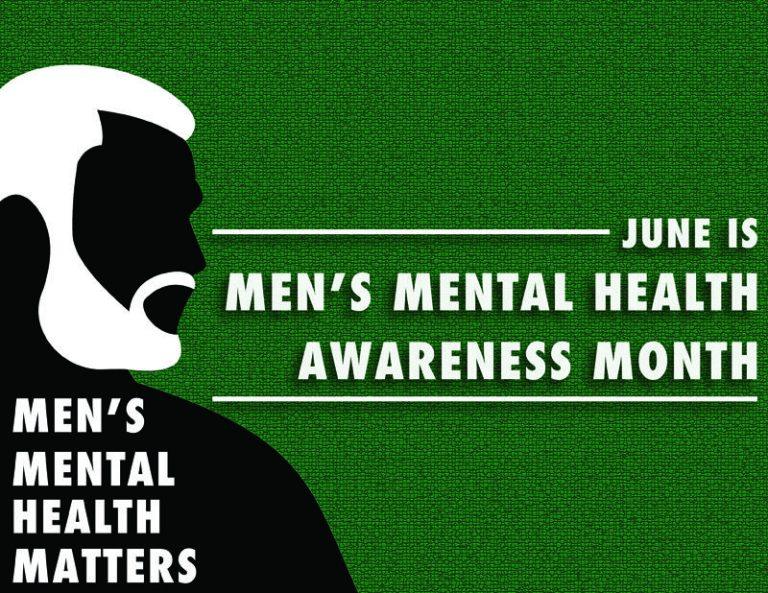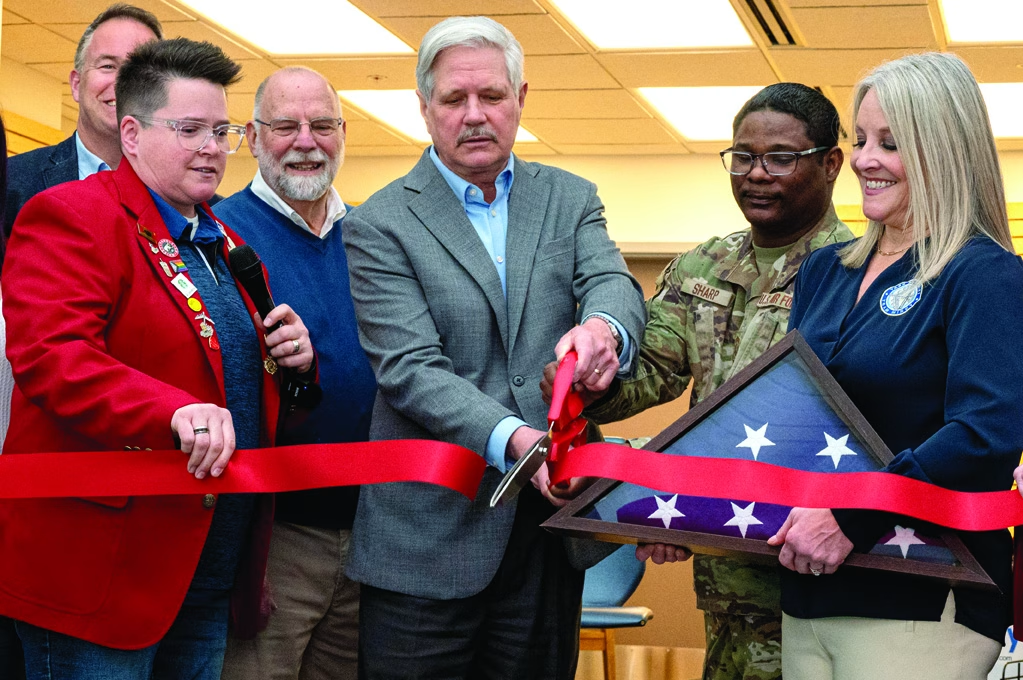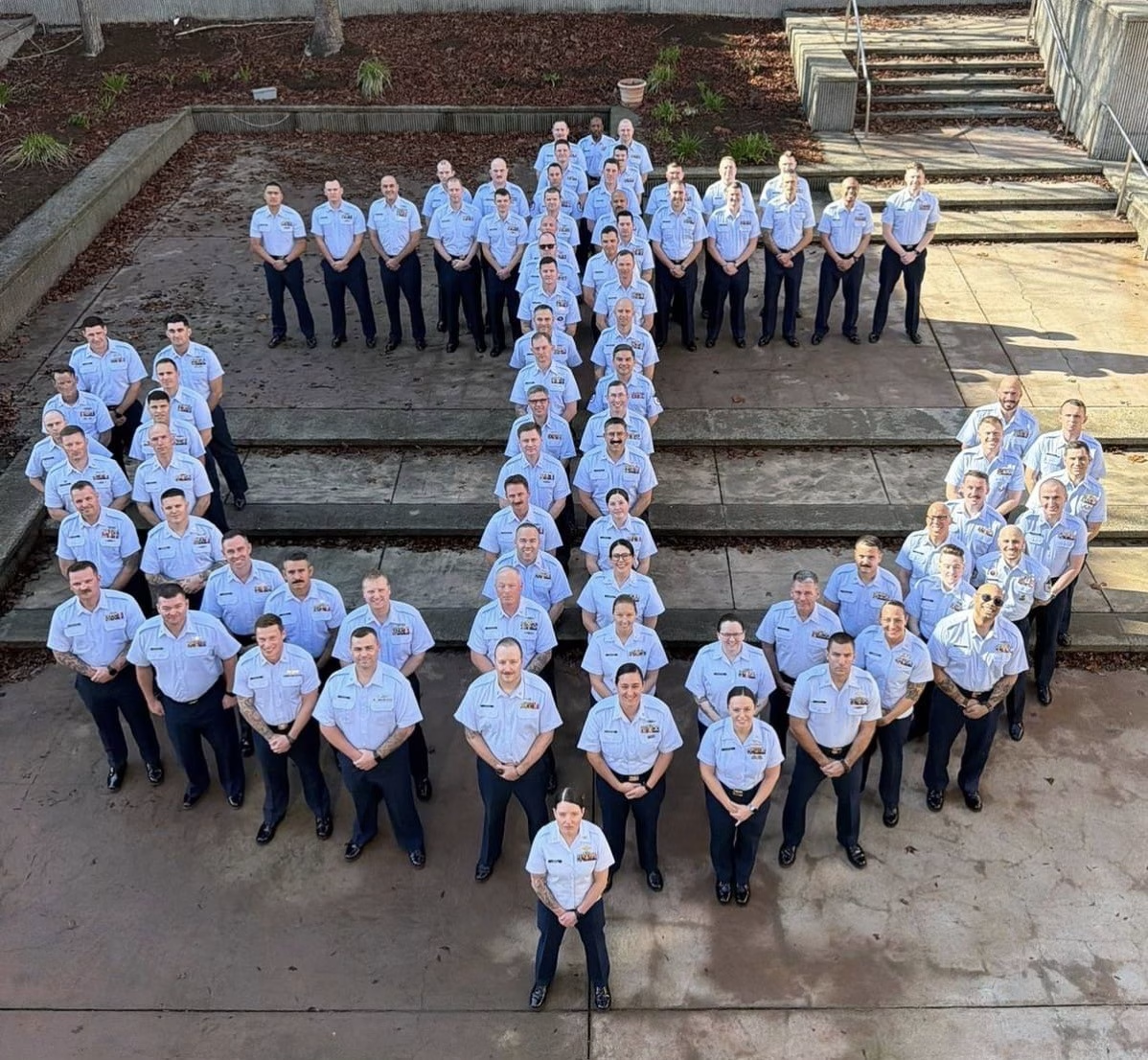MINOT AIR FORCE BASE, N.D. —
June is Men’s Mental Health Awareness Month. With the stigma surrounding men’s mental health issues, this month is key for visibility and spreading awareness.
Laurel Grams, 5th Bomb Wing Integrated Primary Prevention Office director, recalled her time as a clinical provider at Minot Air Force Base in 2003 when most of her patients were men, simply because there were more men in the military than women. She noticed men would seek help if they broke their leg or their arm, but doing so for mental health concerns was not common.
Even today, Grams notices men in their late 20s and older tend to not reach out for help because of the leftover generational stigma surrounding mental health.
“I’m seeing 18, 19, 20-year-olds who raise the issue usually quite comfortably,” said Grams. “In my opinion, I think the culture has been more positively responsive and receptive to men saying ‘Hey, I just feel really stressed out, I need to take a knee.’”
With the shift in culture having a more positive attitude toward men’s mental health, a new generation of men have grown up to be more comfortable reaching out to get the support they need.
“For me, from 2003 until 2024, I have seen a huge shift in attitude towards men’s mental health,” said Grams. “Minot Air Force Base is telling people it’s okay if you need help, we’re going to try to help you get help.”
Grams reflected that compared to 21 years ago, commanders are much more open about seeking out chaplain, mental health or True North services. Grams said she admires when commanders can be vulnerable enough to let their Airmen know it’s okay to seek help lead by example.
“I think that gives permission to the young Airmen to say, ‘Well if my commander is telling me they went through this and sought out these services and it was helpful, that could be a route that maybe I should look at,” said Grams. “We still have that battle with guys because there’s that stigma and in the military people are concerned about how it impacts their career. Just because you get a mental health diagnosis doesn’t mean you’ll get kicked out. A lot of mental health issues can be managed with normal medications and it doesn’t have an impact on your career.”
Grams talked about the importance of listening when it comes to someone struggling with mental health. She said it is important to listen for what one doesn’t hear and to ask questions beyond the surface level to get the information that most might not talk about. For example, when asking someone about their day, regardless of whether they say “good” or “bad”, Grams suggests one should ask why. Asking what’s making their day good or bad gives them a chance to feel heard and cared about.
“I think people are getting better at it and I think people understand the importance of it,” said Grams, “One of the key aspects is building those connections and listening to people around you.”
In the last three years, Grams has noticed people recognizing the idea of listening and making those connections and has noticed leaders emphasizing to their troops.
According to statistics on suicide from the Centers for Disease Control and Prevention, men died by suicide 3.85 times more than women, and firearms accounted for more than 54.64 percent of all suicide deaths in 2022.
When comparing statistics between men and women, the male rate is much higher because, along with the negative stigmas surrounding men’s mental health, preventing them from seeking help, men use more lethal methods, explained Grams.
Thankfully, Grams believes the Air Force and society at large has come into a much more accepting time for men to seek out mental health resources without feeling that they are degrading their masculinity.
“Perceptions have changed, values have changed,” said Grams.
For those who want to make a positive impact, Grams recommends reaching out and making friends, family and teammates feel heard, checking in on loved ones and letting them know someone is there for them.
Those who ever have concerns for a service member’s well-being can recommend one of the many resources available on Minot AFB such as True North, the Integrated Primary Prevention Office, Military OneSource and the 5th Medical Group’s mental health office. Those contemplating suicide or experiencing a crisis should call 988.













